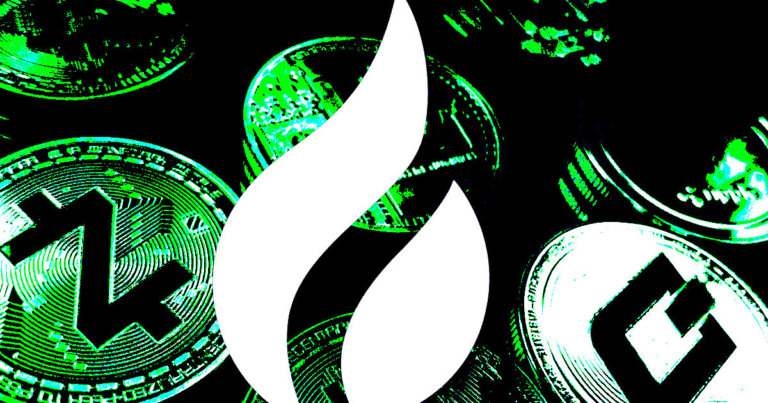 Huobi delists seven privacy tokens, citing compliance policies
Huobi delists seven privacy tokens, citing compliance policies Huobi delists seven privacy tokens, citing compliance policies
DASH, DCR, FIRO, XMR, XVG, ZEC, and ZEN will cease to exist on the Huobi platform effective Sept. 19.

Cover art/illustration via CryptoSlate. Image includes combined content which may include AI-generated content.
Crypto exchange Huobi has announced plans to delist seven privacy tokens in compliance with new regulatory policies.
Huobi terminated the trading for privacy tokens: Monero (XMR), Dash (DASH), Decred (DCR), Firo (FIRO), Verge (XVG), ZCash (ZEC), and ZenCash (ZEN )on Sept. 6. Users are informed that deposits will not be accepted after Sept. 12. All open trade orders with the affected tokens should be canceled before delisting.
The affected tokens have been scheduled to permanently cease existing on the platform effective Sept. 19.
Huobi said it had to delist the privacy tokens as they violate certain countries’ financial regulations and the Huobi token management rules.
According to Huobi, it delists a privacy token when it does not support offline signatures or conceals its node source codes.
Privacy tokens advancing features
Despite growing regulatory scrutiny against privacy tokens following the Tornado Cash saga, privacy protocols like Monero and Litecoin are still strengthening their security features,
Earlier in June, crypto exchange Binance withdrew support for Litecoin because it implemented the MimbeWimble Extension Blocks function. The privacy feature allows Litecoin users to make confidential transactions without revealing any details.
Litecoin’s MimbeWimble upgrade was considered a violation of South Korean anti-money (AML) regulations. As a result, Bithumb, Upbit, and Gate.io moved to delist the privacy token.
Flagship privacy token Monero also enhanced its security feature by upgrading its ring signature and security algorithm to bulletproof+.
Following the rising instances of delisting Monero (XMR) from centralized exchanges, the community planned to execute a “Monerun.” The move was to collectively withdraw all XMR deposits across from Binance, Huobi, and Poloniex.
Upgrades make privacy tokens more secure for users concerned about preserving their identity. However, is becoming increasingly difficult to track bad actors. In 2021, Monero was used as a payment method for ransomware criminals to receive illegal funds amounting to $602 million.































































































































